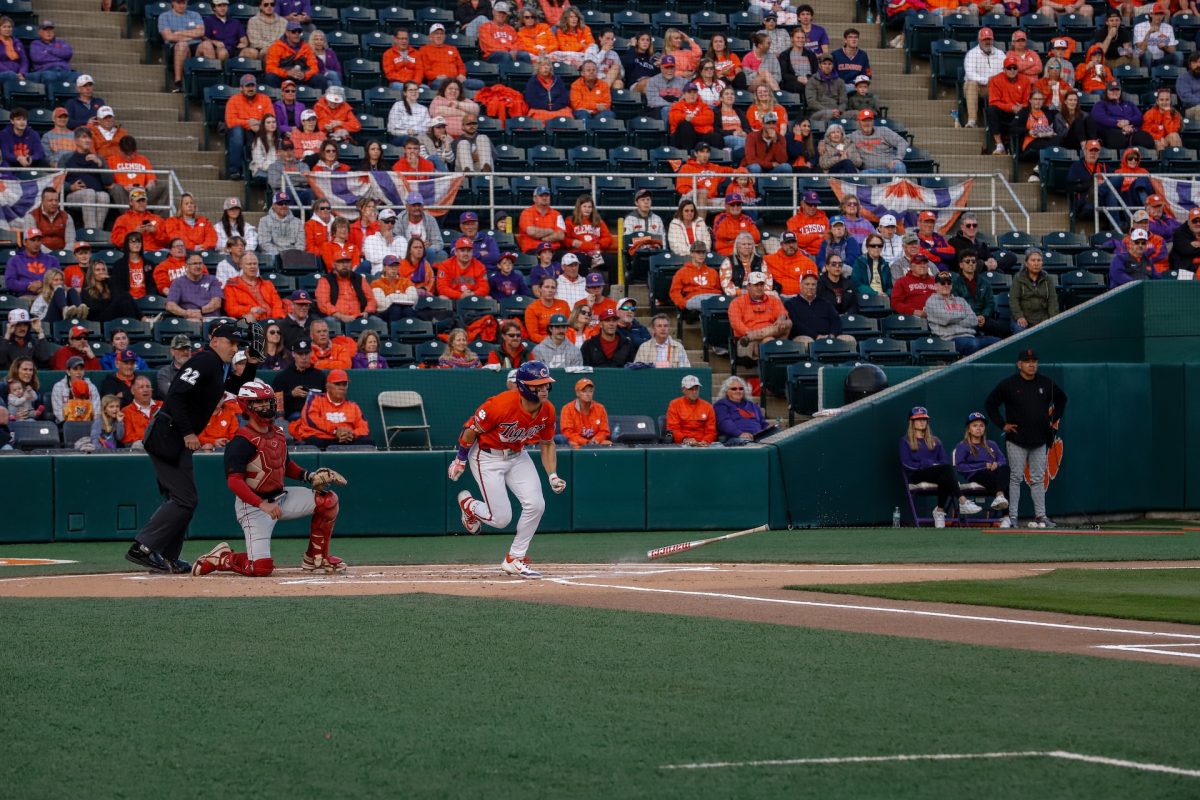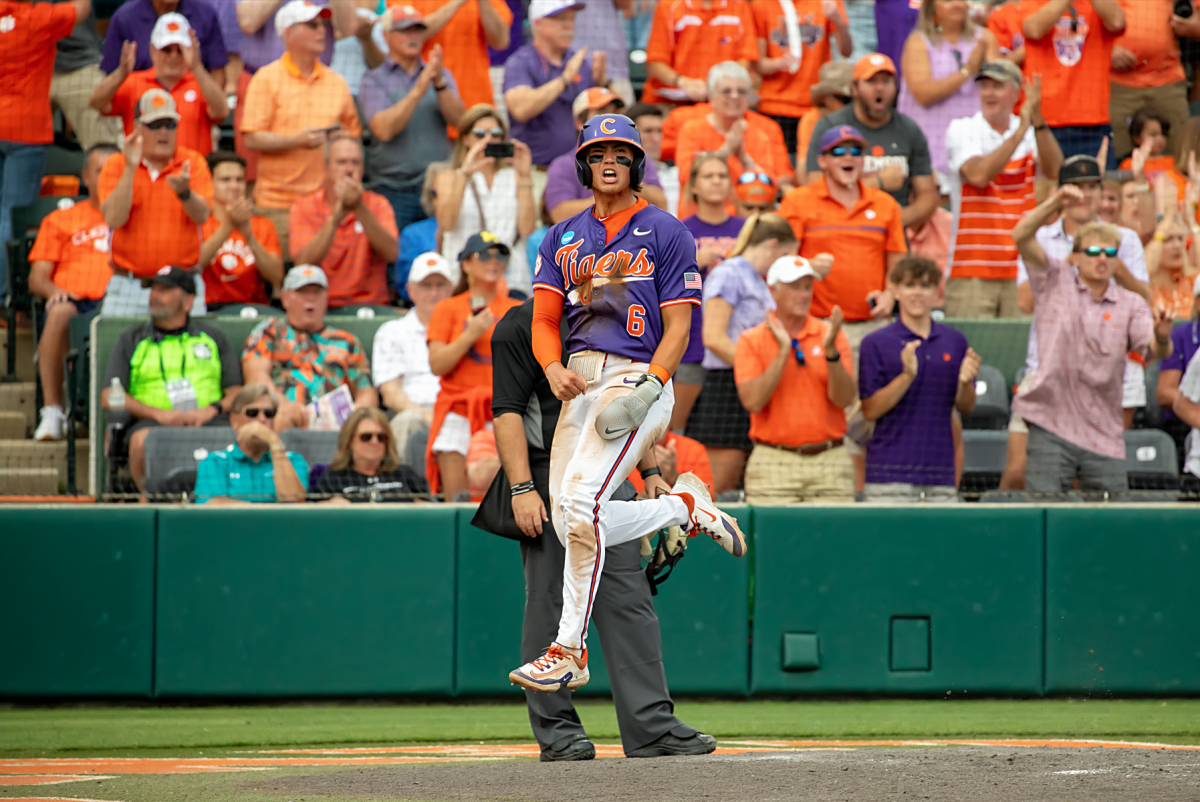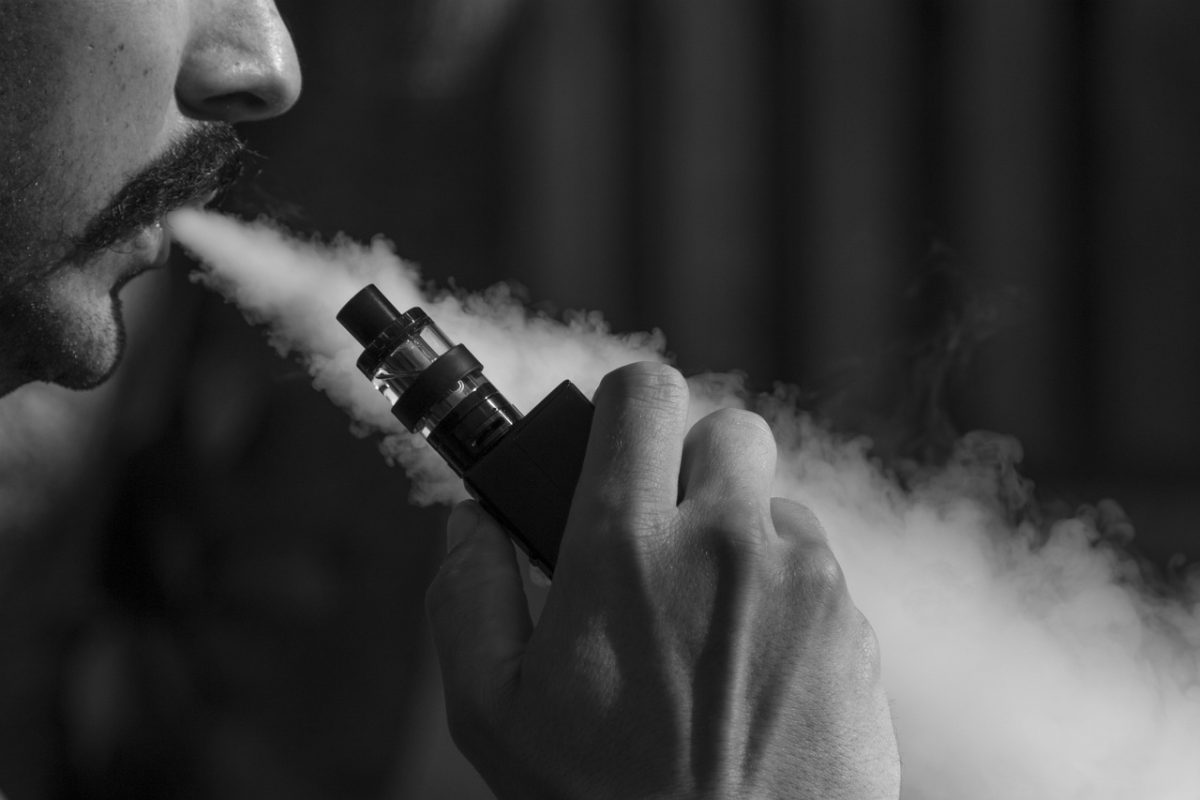Supreme Court Justice Antonin Scalia’s death earlier this month incited a vigorous, national, multifaceted debate. The arguments concerning the confusion, legality and unprofessionalism of the handling of his death and the enduring lack of clarity of the entire situation were sensible. Some of the arguments—as is true with almost all issues of this scope—were very extreme, and insisted the existence of a surreptitious and conspiratorial plot; while not the most likely of explanations, the bizarre circumstances and chaotic aftermath of Justice Scalia’s make the existence of such grim explanations unsurprising.
One of the larger and more heated sides of the debate, however, has a comparatively miniscule claim of sensibility: who gets to appoint Justice Scalia’s replacement?
On January 20, 2013, President Barack Obama was once again sworn into the office of the most powerful occupation in our country. Whether an individual supported him or the fact that he won the election, he won the free and fair election that was conducted pursuant to the laws of the United States. Whether the individual likes it or not, he is (not was) the commander in chief of the United States Armed Forces. Whether the individual likes it or not, he can veto laws that Congress sends to him for approval. Regardless of the legality of any of President Obama’s other actions, his capacity to perform his duties has not changed from the day he took office. He didn’t gradually start doing a smaller job because the campaign to determine his successor began; on the contrary, he should continue to perform his duties until the day he leaves office. Appointing justices to the Supreme Court is in his constitutional job description, and he has every right and every reason to perform that duty.
American politics has become a bloodbath. Decades ago, while the Republicans and Democrats would disagree, they maintained their respect for one another as humans, as politicians, as Americans. Today, politics involves the utter degradation of one’s opponent. Victory is no longer achieved through governing in accordance with how one thinks the country will benefit the most; it is achieved through winning arguments and destroying the opponent.
Antonin Scalia was nominated during Reagan’s last year as president and confirmed on September 26, 1986. Not only was Scalia confirmed, but he was confirmed unanimously (98-0); the man who ended up serving almost two decades as the most conservative justice on the bench was unanimously confirmed within four months of a president leaving office. Now, the idea of President Obama nominating Scalia’s replacement has resulted in promises of blocking nominations, massive criticism and more.
If Obama gets to appoint another justice, his presidency will indeed have a larger and longer-lasting effect than it otherwise would have. The fact is that whether or not the circumstance of this vacancy was considered before we, as a nation, elected Barack Obama as president of the United States is irrelevant; we pledged on that day that we wanted this man to perform the duties of the aforementioned office for the next four years. The question of whether or not he should appoint a Supreme Court justice was answered when we elected him to perform the duties of POTUS. Not all of us voted for him, and not all of us who did vote for him voted for the same reasons, but those duties were known to us and to him when he was elected.
This is not to say that politics is or ought to be a static, unchanging thing. But change does not indicate improvement nor progress, and this particular change is currently hindering the highest judicial power in the country. If the next president were to appoint Scalia’s replacement, the Court would most likely operate for at least a year with one less justice. If that is not a problem then Congress needs to reevaluate how many justices the Court needs, and regardless of their reevaluation, President Obama should be allowed to perform his duties.
This is not to say that Obama and Reagan are the same president in the same circumstances, but that the differences in president and circumstance are not grounds for the president not doing his job.
Barring outstanding circumstances—which are not currently present—the right of a democratically elected official to perform the duties which we elected him to perform should not be impugned.
Categories:
Scalia’s Replacement: It’s Part of the Job
Kody McHale, Online Content Director
February 29, 2016
0
Donate to The Tiger
Your donation will support the student journalists of Clemson University. Your contribution will allow us to purchase equipment and cover our annual website hosting costs.
More to Discover







